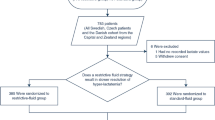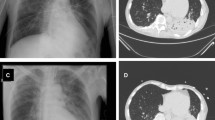Abstract
Because the mortality of severe pancreatitis is higher when infected necrosis supervenes, prevention of infections has become a relevant endpoint for management. The "ideal" drug should be characterized by specific activity against the bacteria known to be responsible for infection and should be able to penetrate the gland in a sufficient concentration. To date there have been eight prospective trials with antibiotics, one on selective digestive decontamination, and others with enteral nutrition. A meta-analysis regarding experiences with antimicrobial drugs reports a significant reduction in the incidence of infected necrosis and pancreatic abscesses during severe pancreatitis. In conclusion, among the several options aimed at reducing infections during necrotizing pancreatitis, the prophylactic use of antibacterial drugs is the only one to have been tested to date in several randomized studies. Strong consideration should be given to treating patients with severe pancreatitis with broadspectrum antibiotics, selective digestive decontamination, and enteral nutrition.
Similar content being viewed by others
Author information
Authors and Affiliations
Additional information
Received: June 5, 2000 / Accepted: December 28, 2000
About this article
Cite this article
Bassi, C., Mangiante, G., Falconi, M. et al. Prophylaxis for septic complications in acute necrotizing pancreatitis. J Hep Bil Pancr Surg 8, 211–215 (2001). https://doi.org/10.1007/s005340170018
Issue Date:
DOI: https://doi.org/10.1007/s005340170018




